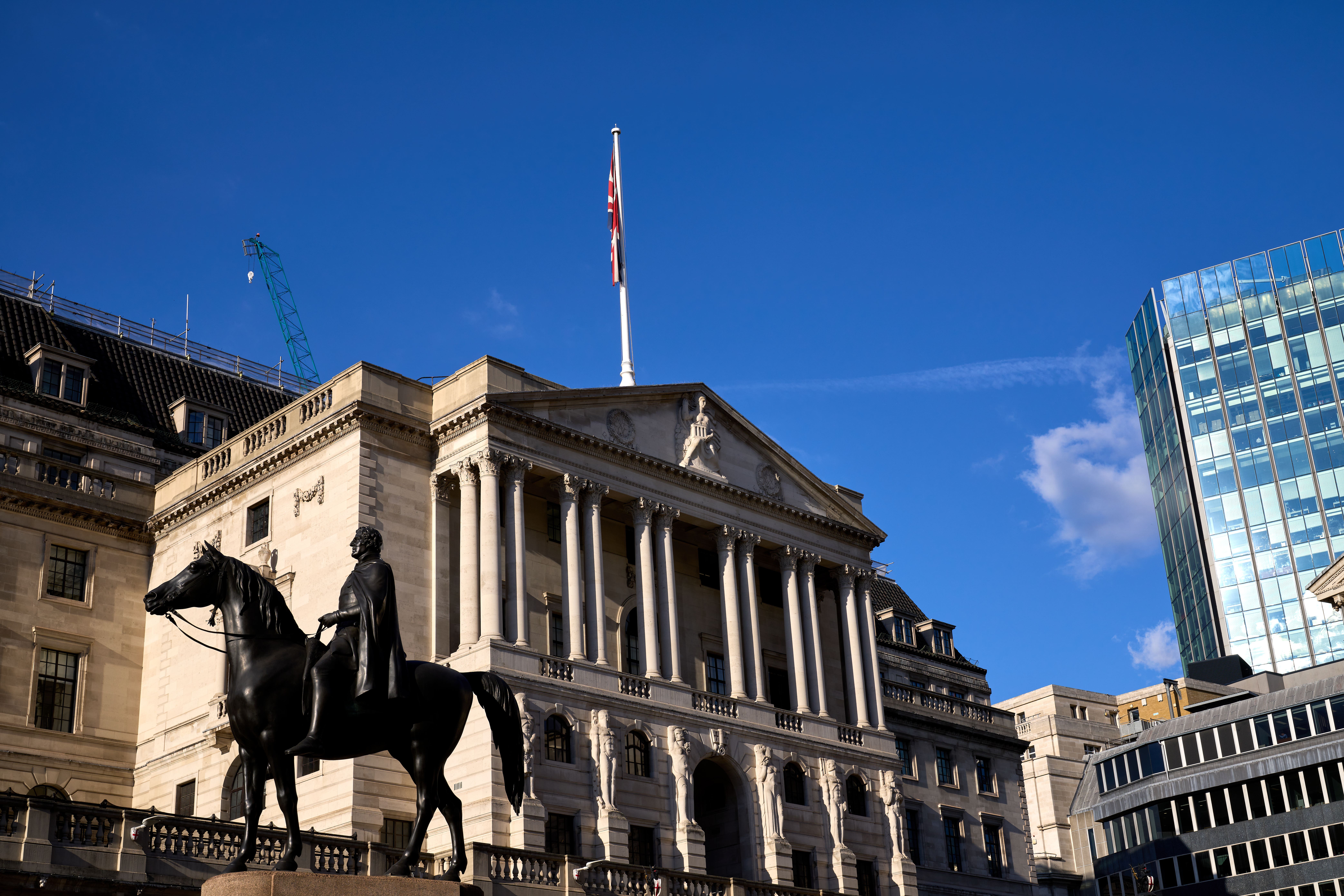The chancellor’s proposed Edinburgh Reforms to financial regulation suggest that official memories seem to be getting shorter, and dangerously so.
It is not quite 15 years since the British government was forced, in effect, to nationalise most of the country’s biggest banks, after the global financial crisis left them teetering on the edge of collapse – something that would have plunged the economy into the deepest slump since the great depression.
In his memoirs, then chancellor Alistair Darling recalls being told in October 2008 that people were only two hours away from being unable to withdraw money from British banks. Now, the current chancellor, Mr Hunt, is behaving as though that never happened. It is a case of Brexit-induced amnesia.
The global financial crisis had complex and tangled roots extending to the great global imbalances in trade between the US and China. But one of the main drivers of disaster was the reckless deregulation of finance across the world that took place from the mid-1980s onwards.
The legal guard rails that had been installed – especially in the US – after the Wall Street crash and subsequent depression in the 1930s were gradually removed. Customer money and the banks’ money became intermingled again. The securitisation boom took off, risk was forgotten, financial instruments mispriced, and banks allowed to operate with minimal, inadequate reserves. Banks grew “too big to fail”. The result was painful and expensive for the world’s taxpayers.
How soon we forget.
Now Jeremy Hunt, despite his calm and rational demeanour, is proposing to dismantle the safeguards introduced by Vince Cable and George Osborne more than a decade ago.
The rules around capital, or reserves, banks require to protect themselves and their depositors are to be relaxed once more. Other measures will make it easier for banks and other institutions to take risks, both with their own money and that of their customers. Pension funds and insurance monies will be nudged towards riskier long-term investments such as nuclear power that may benefit the British economy as a whole but not necessarily people’s pension pots. Financial regulators are to be told to keep up with deregulation in other countries – in effect approving a race to the bottom (something that also caused trouble after 2007).
Why the rush to let the banks rip? Post-Brexit, Britain has such little prospect of economic growth that it is taking desperate risks by allowing the City to go rogue – which it has already begun doing by uncapping bonuses in the financial sector, one of the few steps taken by Kwasi Kwarteng as chancellor not to be reversed by Mr Hunt.
Again, we should remind ourselves why these rules were put in place – quite simply to ensure that bankers didn’t gamble with other peoples’ money. If they made huge profits from inventing some new “synthetic” bond, the bankers took a correspondingly lucrative bonus; but when things went wrong, and the banks went bust, the bankers’ accumulated salaries and bonuses remained safe in their own bank accounts, or else in luxurious real estate and flashy cars and yachts.
As the old saying goes: “Where are the customer’s yachts?” Profits were privatised; losses nationalised. Never again?
In the 2000s, bankers said they simply couldn’t afford not to join in the party, because everyone else was doing so, their shareholders were egging them on, and everyone was in the “quest for yield”. Some ambitious smaller nations – notably Iceland and Ireland – made the most of the new deregulated globalised environment and proudly watched the liabilities of their highly profitable buccaneering banking groups grow to multiples of national GDP. This eventually led to disastrous consequences when they had to be guaranteed and taken on by national governments.
In the UK, ex-building societies such as Northern Rock blundered into buying toxic sub-prime mortgage books from Florida, with the results we now recall with a shudder. Yet now the regulators are to be given a remit that in effect requires them to have at least as lax an attitude as any major competitor. That is asking for trouble.
To keep up to speed with all the latest opinions and comment, sign up to our free weekly Voices Dispatches newsletter by clicking here
Things are actually even more hazardous now, because if things go wrong with the banks again – and the UK still has an outsized banking sector in relation to national income – the British state may no longer have the headroom to borrow in order to nationalise stricken banks and assume their vast liabilities.
In other words: if the banks fail the British state fails, and as such the British economy fails. Not even the IMF would be able to mount a rescue. It would be the economic equivalent of a nuclear attack.
Even if it means the UK financial sector grows more slowly – and with it the UK economy – the country is in no position to take the risks that Mr Hunt is now urging on us as the path to post-Brexit prosperity and bigger tax revenues from the City. It’s just not worth it.
As is often the case with investment products, if it sounds too good to be true, it probably is.







Join our commenting forum
Join thought-provoking conversations, follow other Independent readers and see their replies
Comments